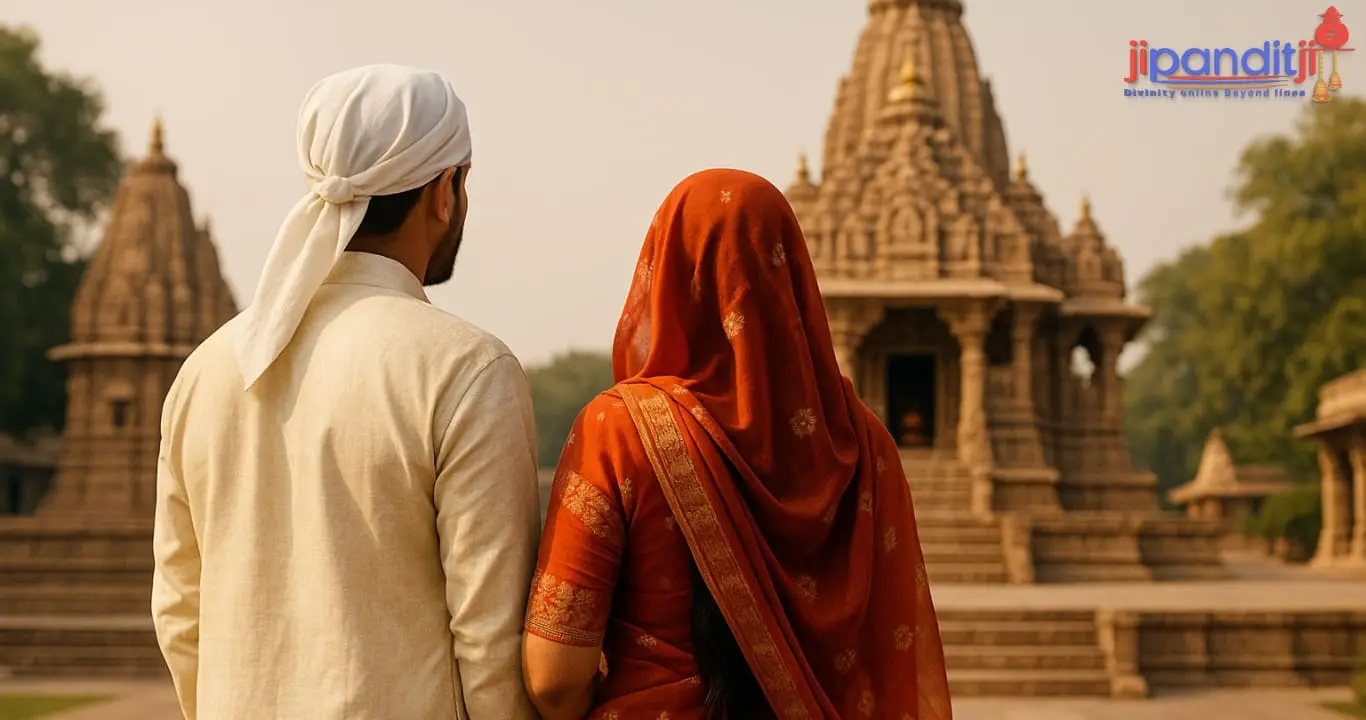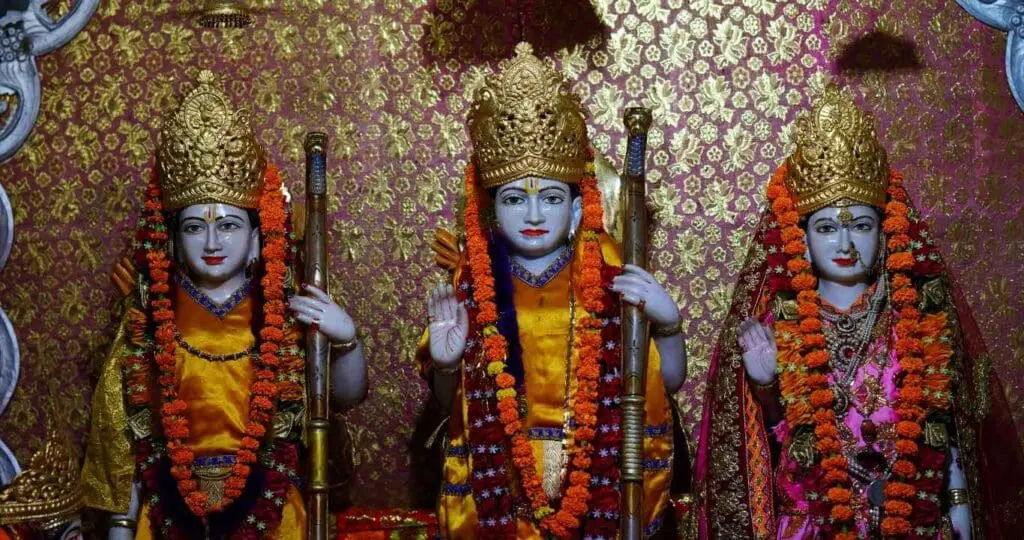“7 Eye-Opening Reasons Why Hindus Cover Their Head During Puja and Temple Visits – Uncover the Spiritual Science and Tradition”

The Hidden Significance Behind a Simple Gesture
Have you ever walked into a Hindu temple or witnessed a Puja ceremony and noticed men tying a cloth or women gracefully covering their heads? It may seem like just a traditional ritual, but there’s a deeper cultural, spiritual, and scientific logic behind this practice. Understanding why Hindus cover their head during Puja and temple visits goes beyond mere symbolism. It is a blend of spiritual energy alignment, cultural heritage, and health awareness. In this blog, we unravel the powerful reasons behind this ancient practice and provide valuable insights to deepen your understanding.
1. Spiritual Energy Preservation: The Science of Vibrations
One of the most profound reasons Hindus cover their head during Puja and temple visits is energy protection and preservation. Temples are high-energy zones where mantras, bells, and rituals generate positive vibrations. The human head, especially the crown chakra (Sahasrara Chakra), is believed to be the energy entry point.
Covering the head helps in:
- Absorbing and retaining positive spiritual energy
- Avoiding unnecessary energy dissipation
- Staying grounded and connected during sacred rituals
In fact, spiritual gurus often advise that covering the head strengthens your aura field, making you more receptive to divine blessings.
2. Respect and Humility: A Universal Cultural Sign of Reverence
Globally, covering the head has always been a mark of respect, surrender, and humility. In Hinduism, entering a temple or performing a Puja symbolizes stepping into a space of divine presence.
By covering the head, devotees show:
- Deep respect towards deities
- A sense of discipline and modesty
- Cultural alignment with ancient Vedic customs
It’s similar to practices seen in other cultures like Islamic headscarves or Christian chapel veils—reinforcing the universal nature of this act of devotion.
3. Hygiene and Purity: Maintaining Sanctity in Worship Spaces
Another practical yet spiritual reason is maintaining hygiene and purity. Especially in crowded temple environments, head coverings prevent hair fall inside temple premises, preserving the sanctity of the space.
According to traditional temple etiquette guidelines, it’s mandatory in many South Indian temples for both men and women to cover their heads to maintain spiritual cleanliness.
4. Gender-Specific Traditions: Why Women Cover Their Heads More Often
You might notice women covering their heads more regularly than men during temple visits. This practice has cultural and physiological reasons.
Some reasons include:
- Women’s biological energy cycles (like menstrual phases) require greater energy protection
- Symbolic modesty and cultural dignity
- Continuation of matriarchal family traditions
However, in many regions, men too cover their heads using a cloth, especially during important Pujas or inside temple sanctums.
5. Astrological Beliefs: Protection from Negative Cosmic Influences
In Vedic astrology, the human head is seen as a conductor of cosmic rays and planetary energies. During special Pujas or on astrologically significant days like Amavasya (New Moon) or Eclipse periods, it is highly recommended to cover the head to:
- Avoid negative planetary influences
- Block harmful cosmic radiations
- Maintain mental stability and spiritual focus
This belief is especially strong in regions like Tamil Nadu, Maharashtra, and parts of North India.
6. Temperature Regulation and Health Benefits
Temples in India, especially in the southern and western parts, are often constructed with stone floors and open courtyards. Covering the head helps in:
- Regulating body temperature during extreme weather
- Preventing heatstroke or cold-induced discomfort
- Reducing the risk of headaches and dizziness during long rituals
A study on traditional Indian attire and health published in a 2021 journal on Ethnomedicine highlighted that head coverings help minimize environmental stressors, particularly in high-temperature zones.
7. Symbolic Detachment from Ego and Worldly Thoughts
Perhaps the most spiritually enriching reason is the symbolic meaning—covering the head signifies surrendering the ego. Entering a temple with an uncovered head is often seen as entering with worldly pride and distraction.
By covering the head:
- You signal mental readiness for worship
- Encourage inner focus
- Experience emotional grounding before connecting with the divine
This small act becomes a powerful reminder to leave behind daily worries and embrace devotion fully.









Wow what an amazing knowledge
Can u mention the source? When u enter the temple and cover ur head, u are creating a barrier B/w body and energy. In Shiva temples , men are asked to remove to shirt and have towel or kanduva.
Thank you for sharing your perspective 🙏
You’re absolutely right that traditions differ — especially between Shiva and Devi temples. In Shiva temples, men are often advised to remove their shirts as a sign of humility and openness to divine energy.
The blog refers to the broader Vedic and dharmic tradition where covering the head (especially during puja or Devi worship) is seen as a mark of respect and helps retain sattvik vibrations. This understanding is drawn from Gr̥hya Sūtras and temple traditions followed across Bharat, as also shared by various Shastric commentaries and practicing Acharyas.
We appreciate your thoughtful comment — such exchanges deepen our collective understanding of Sanatan practices